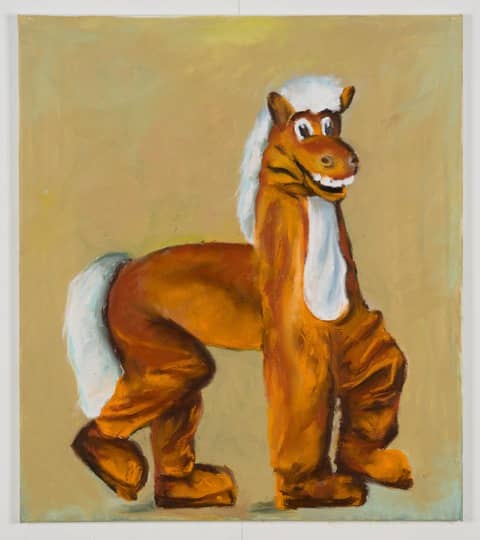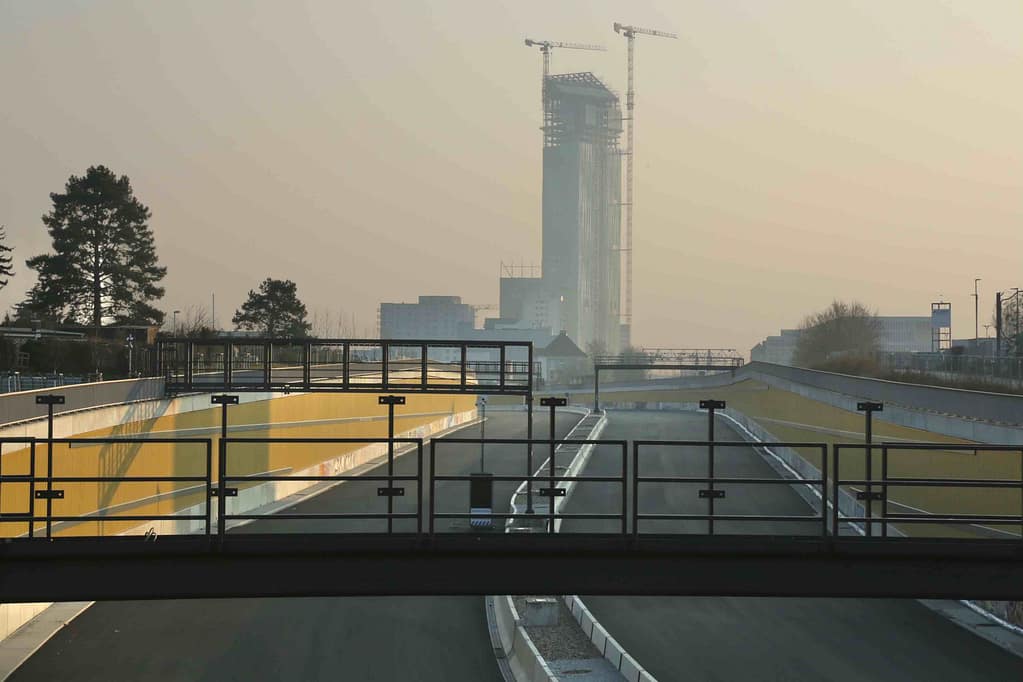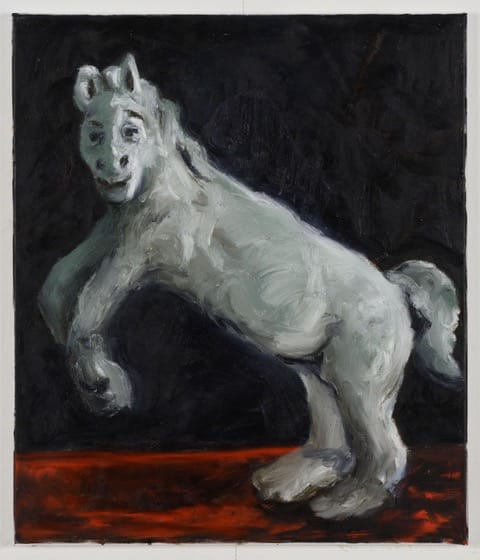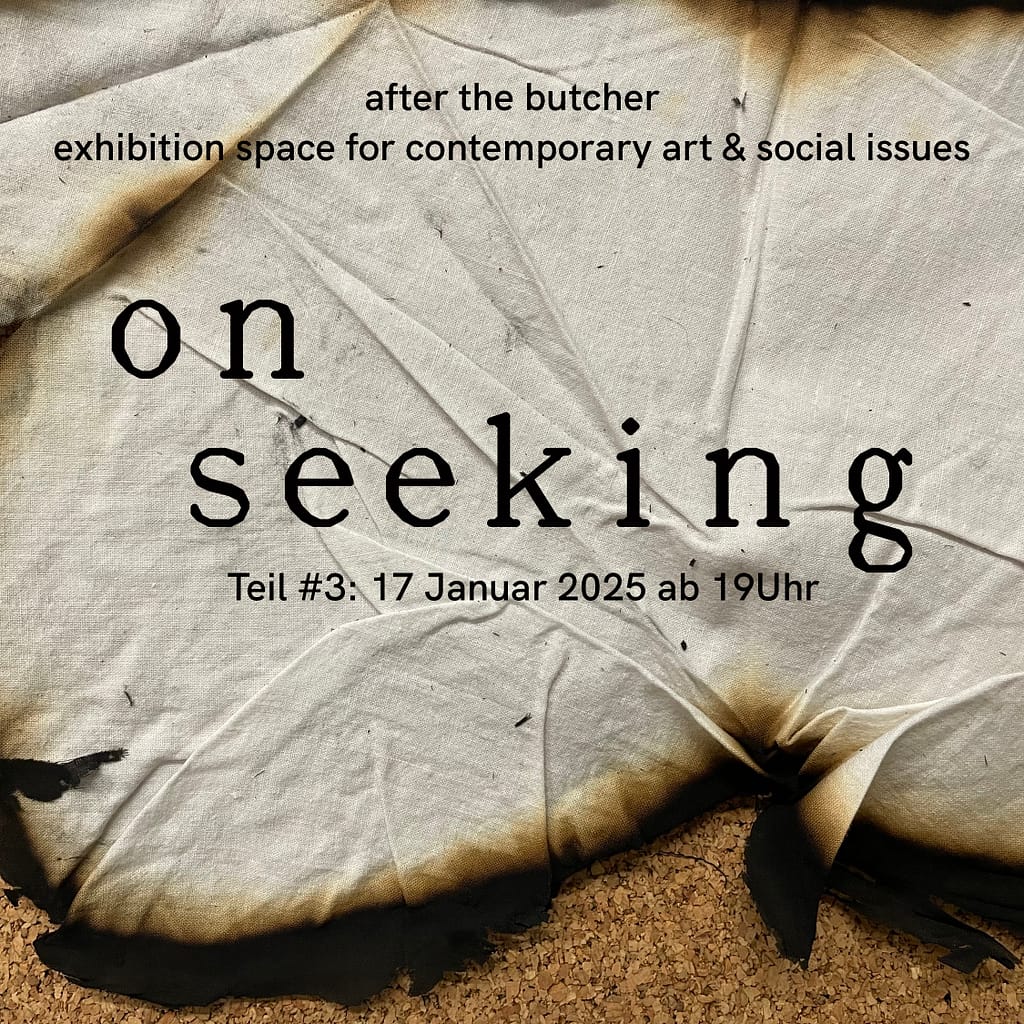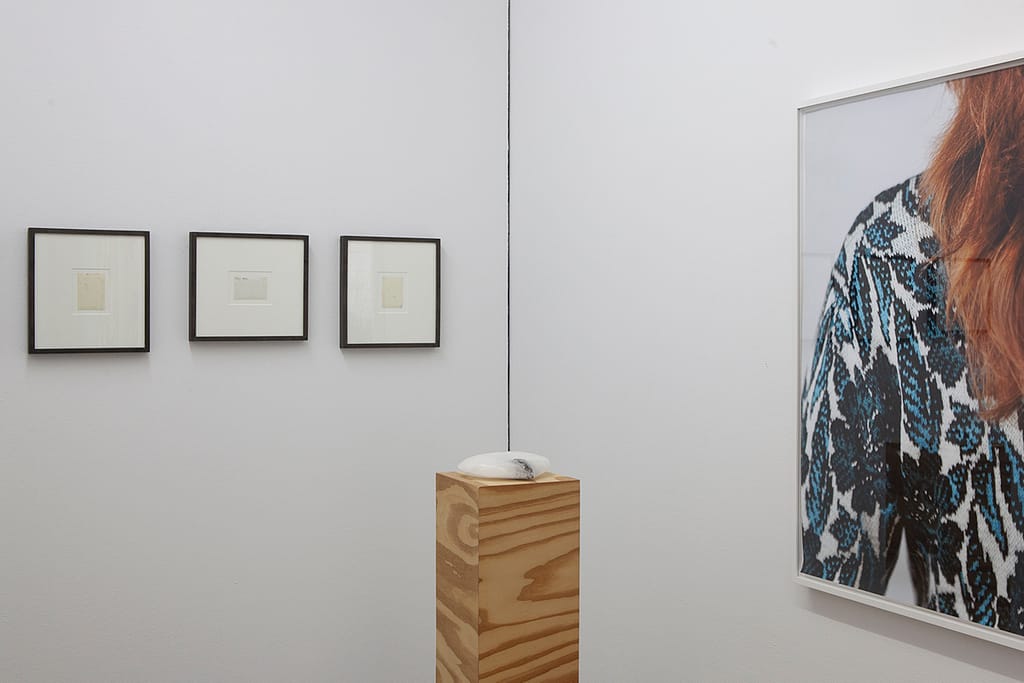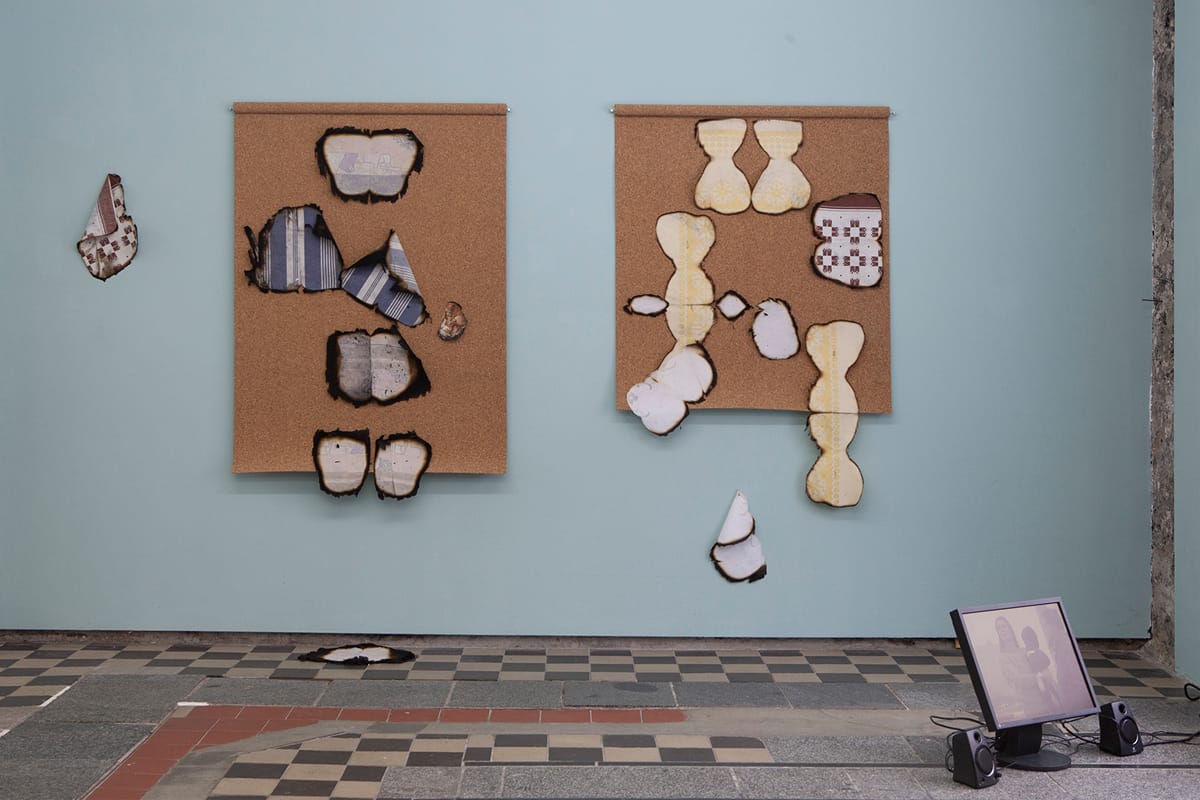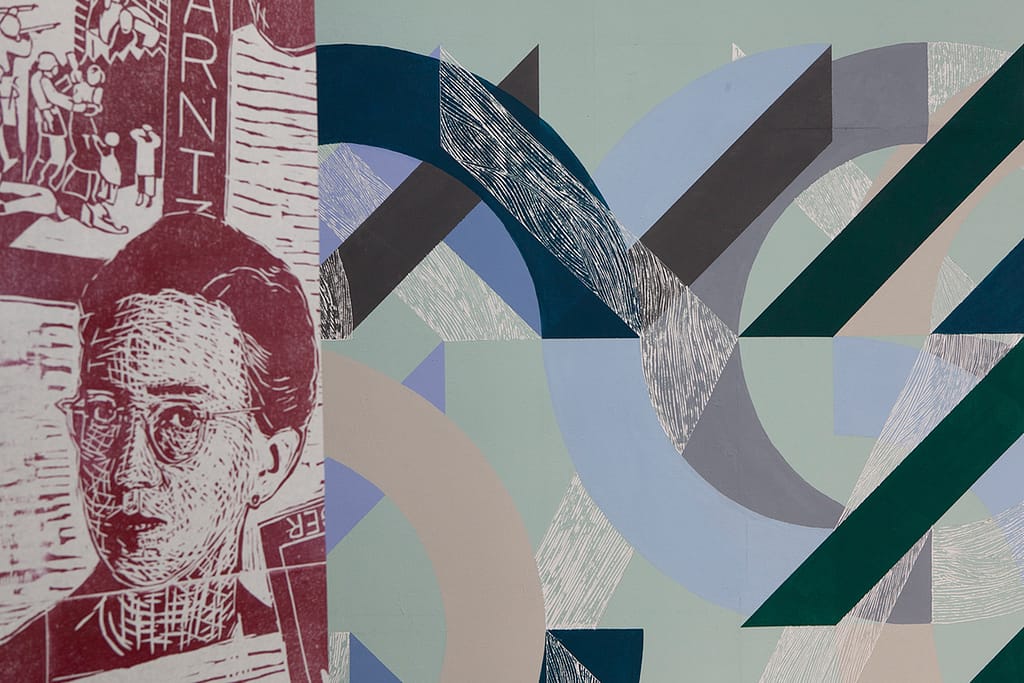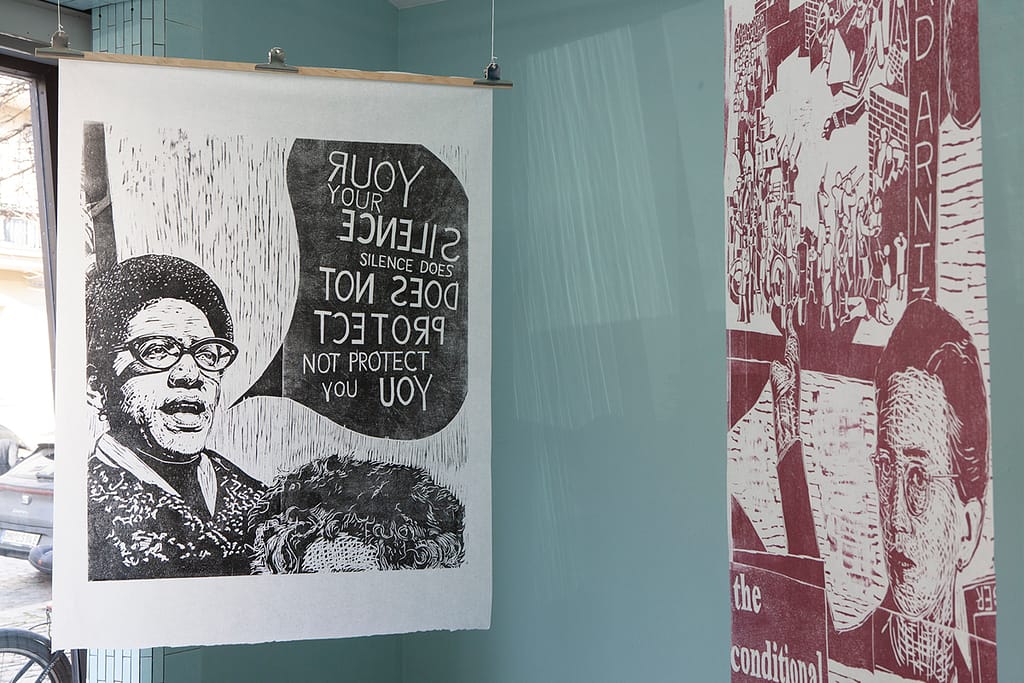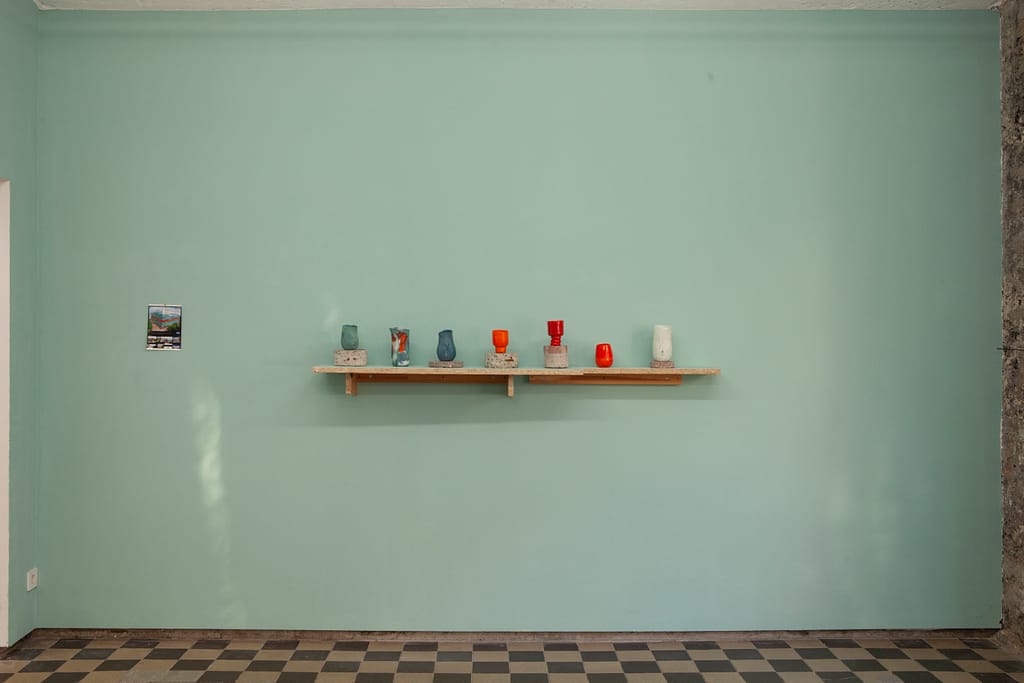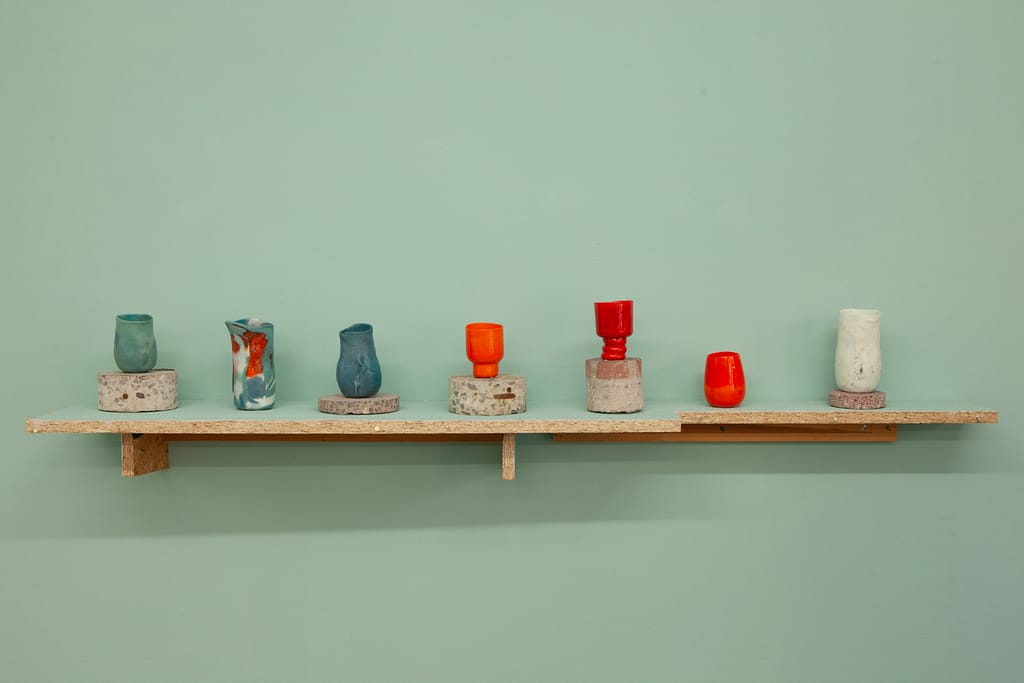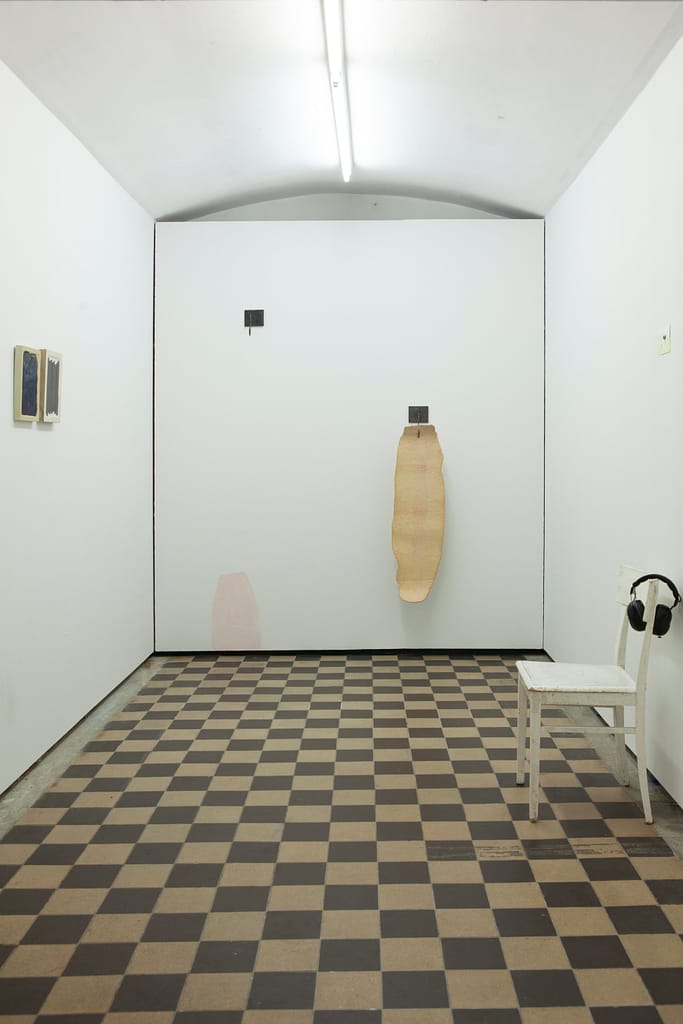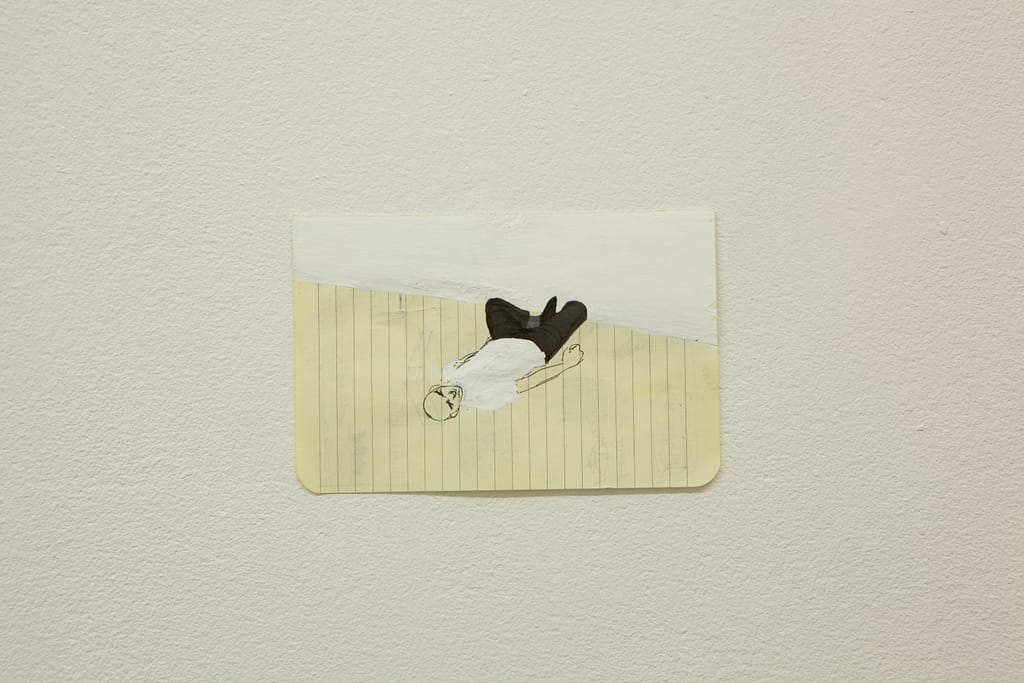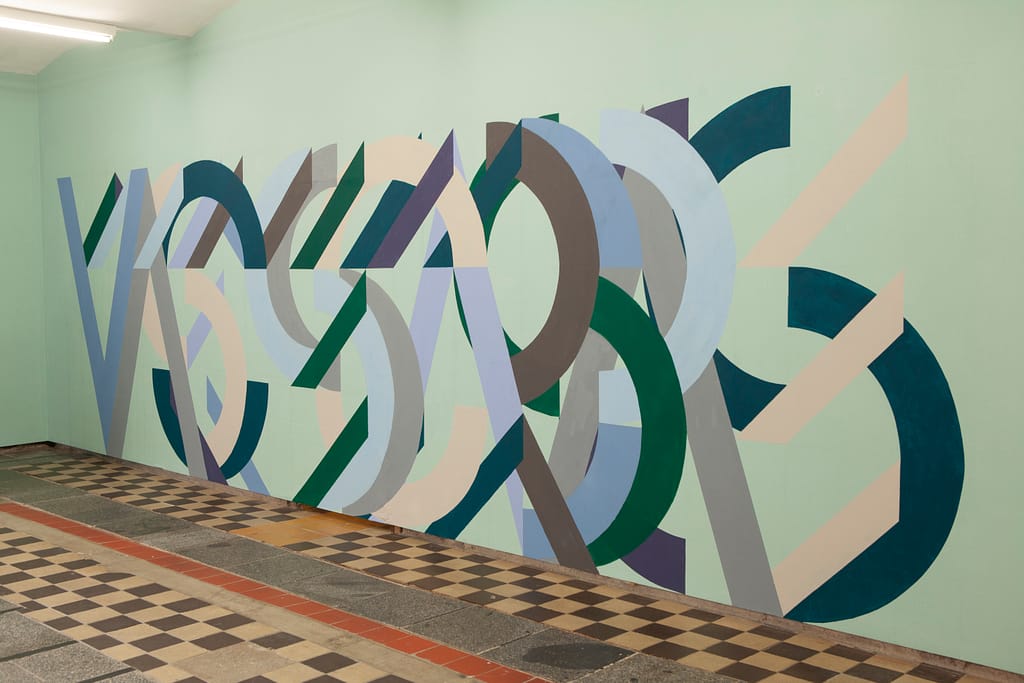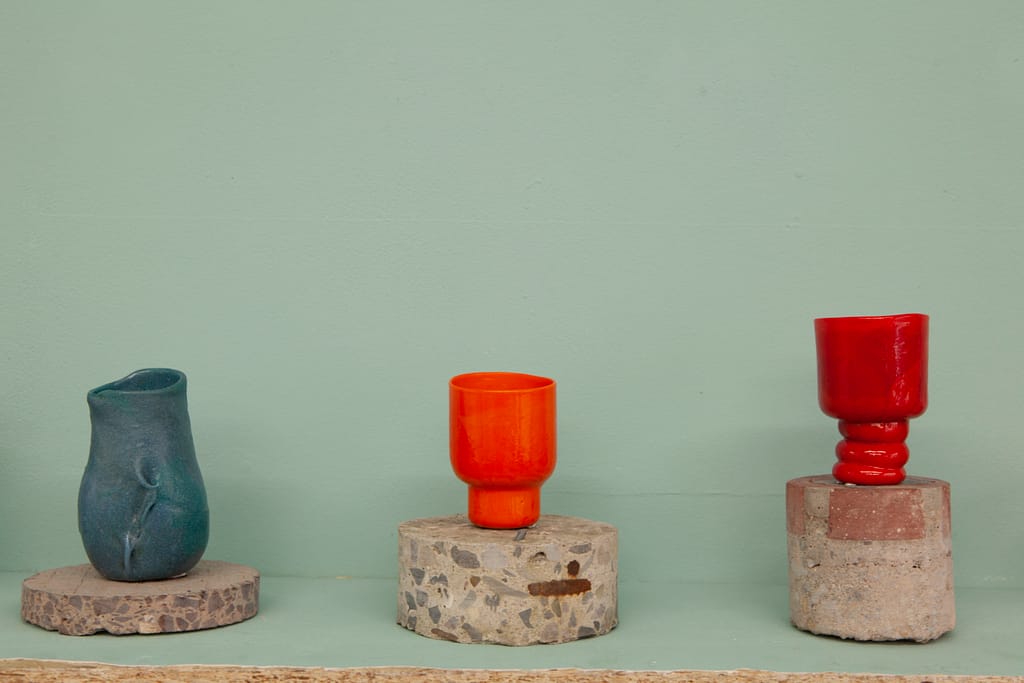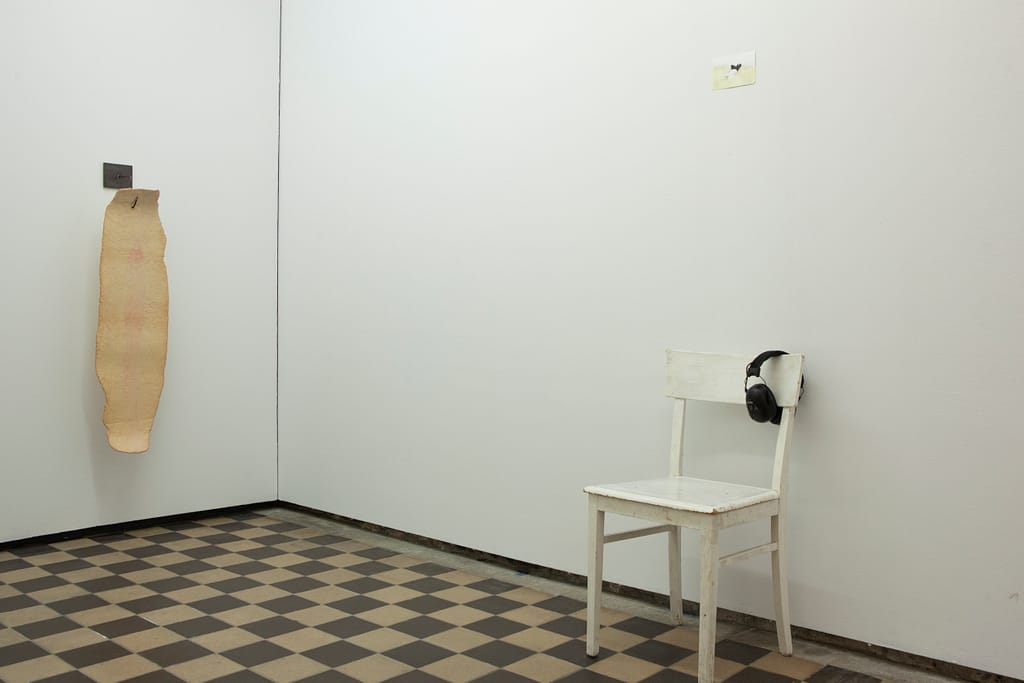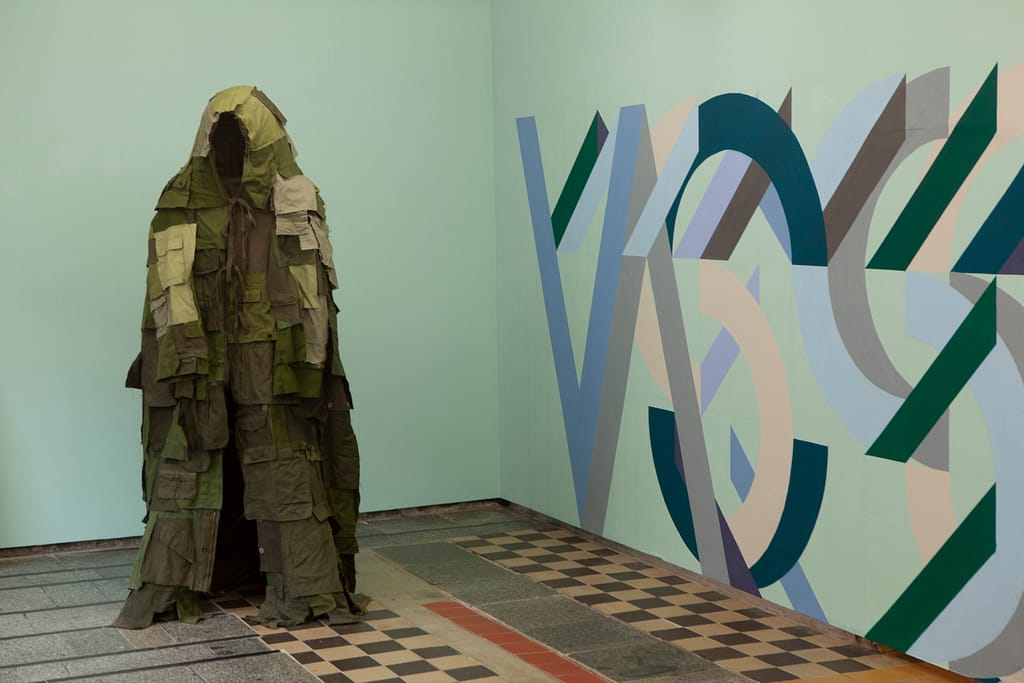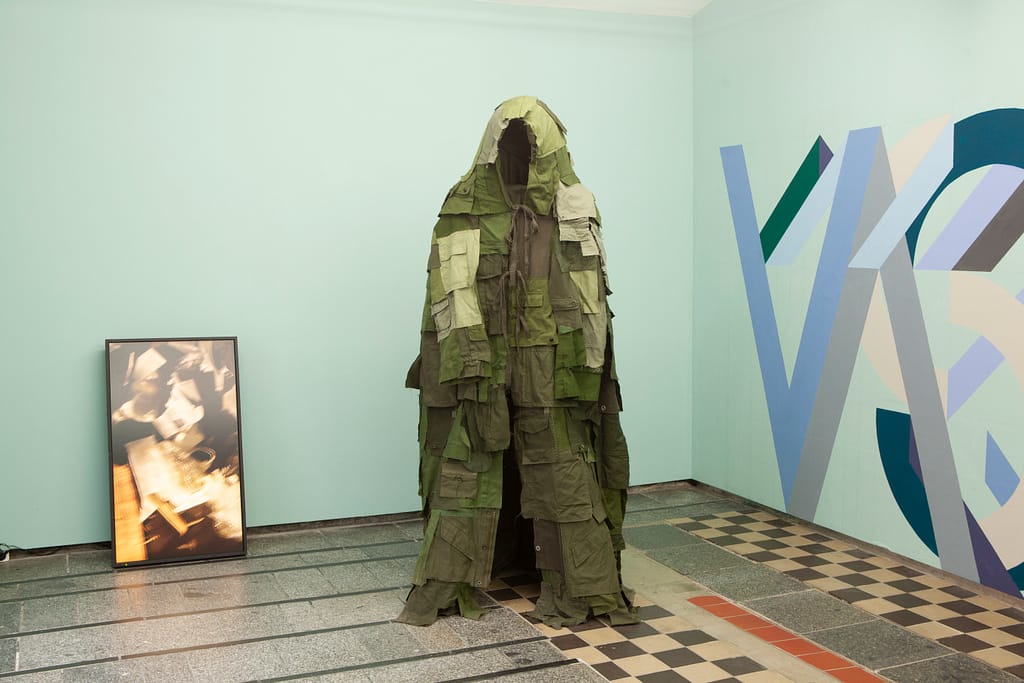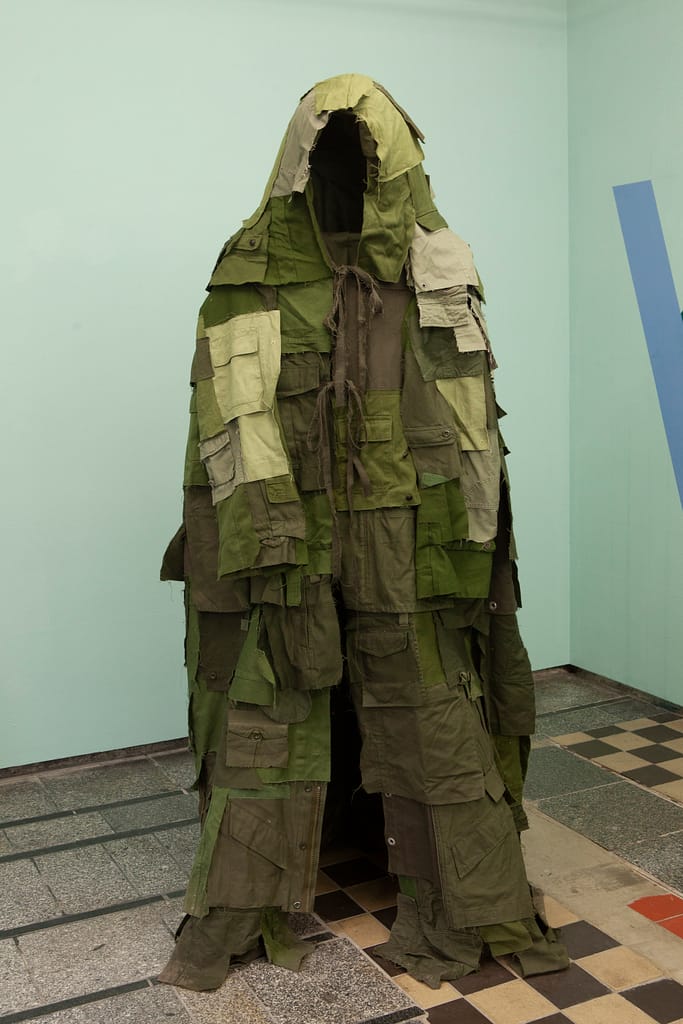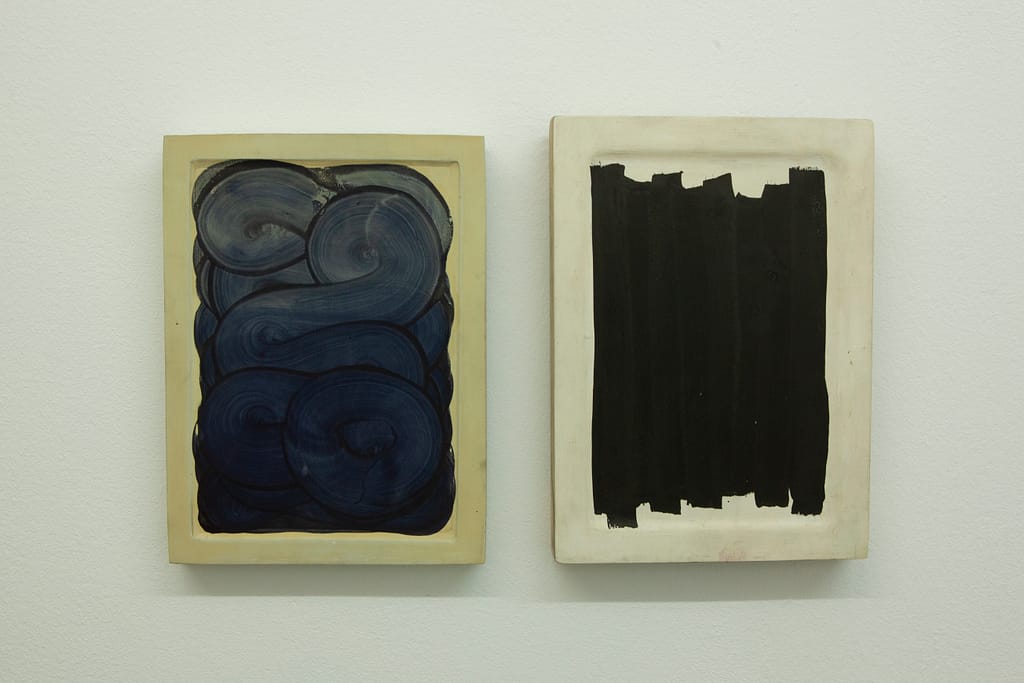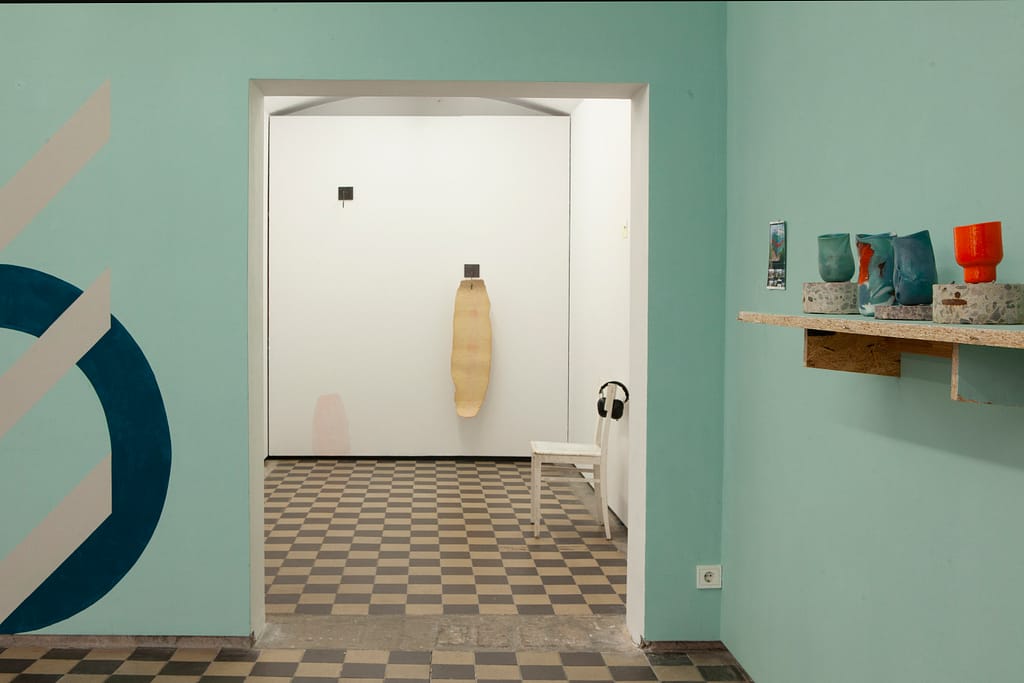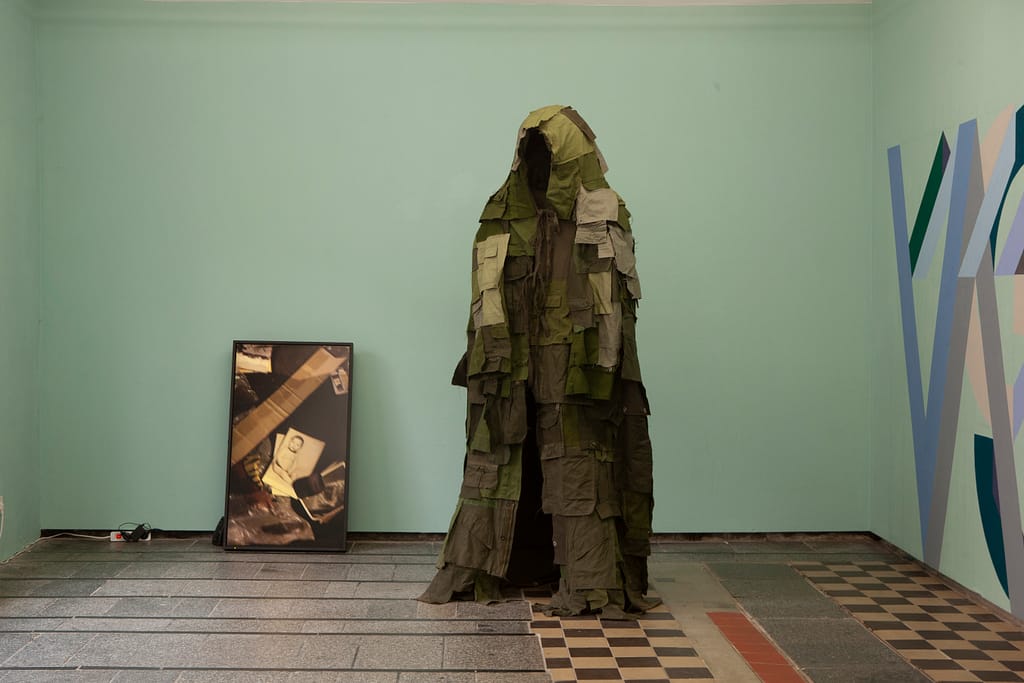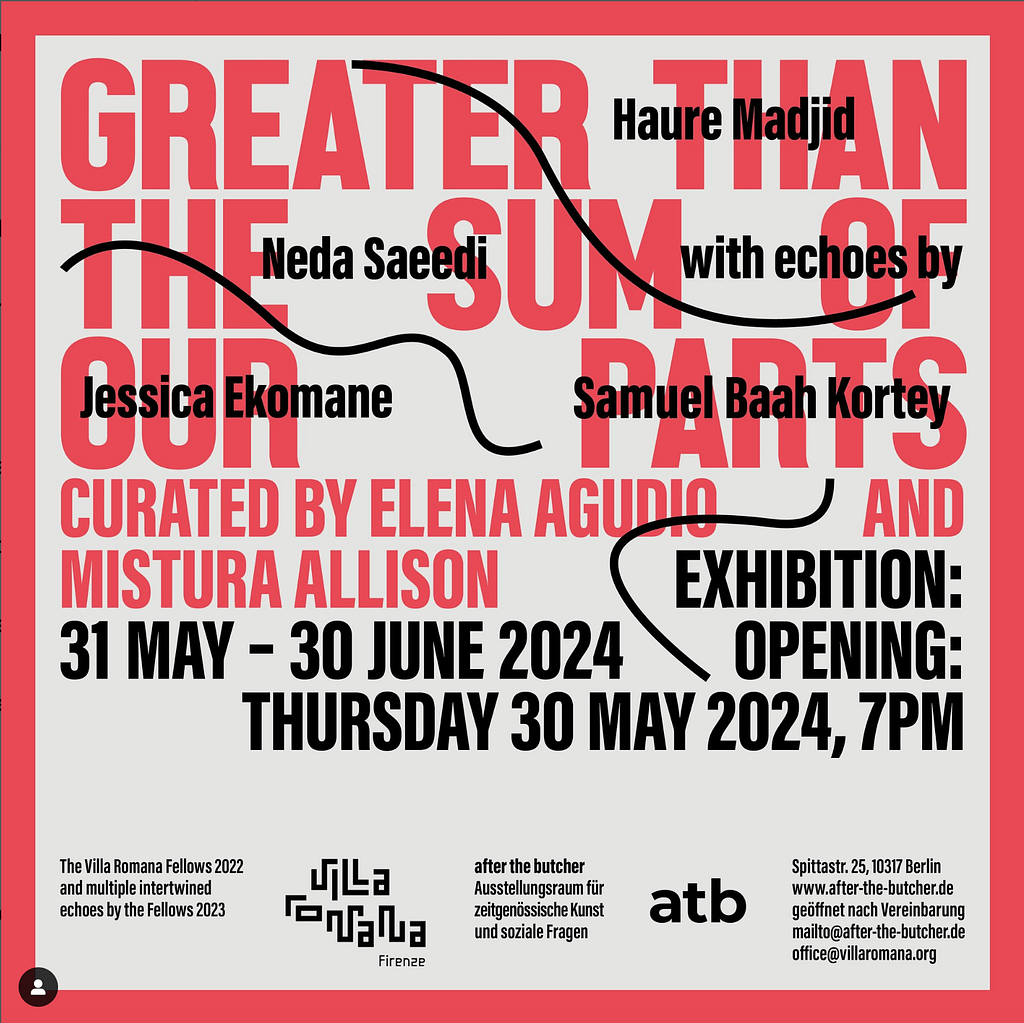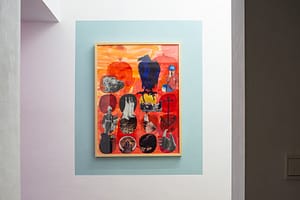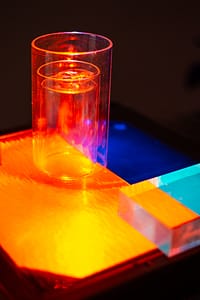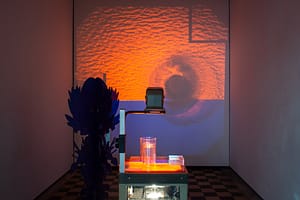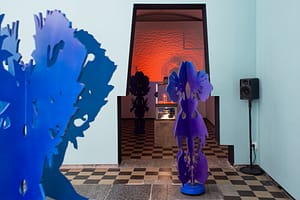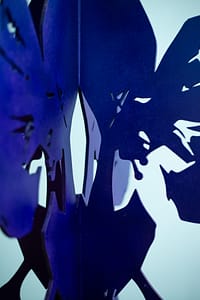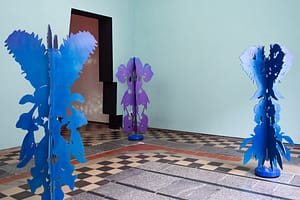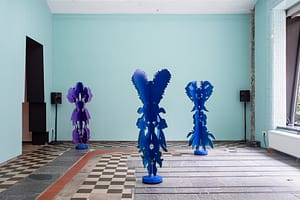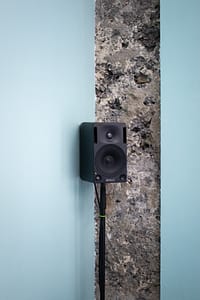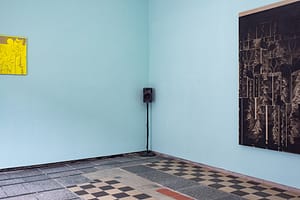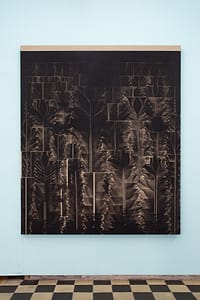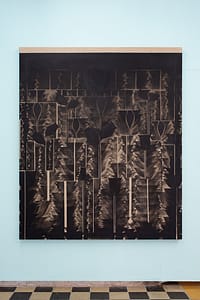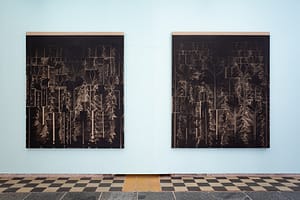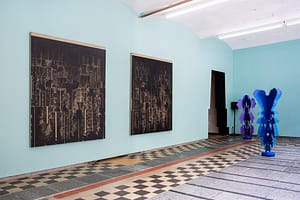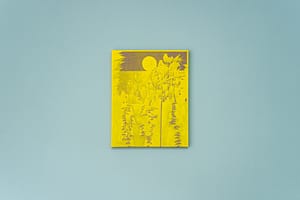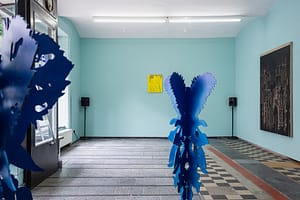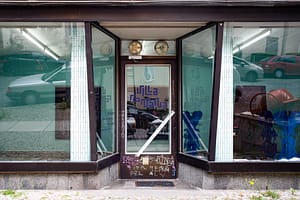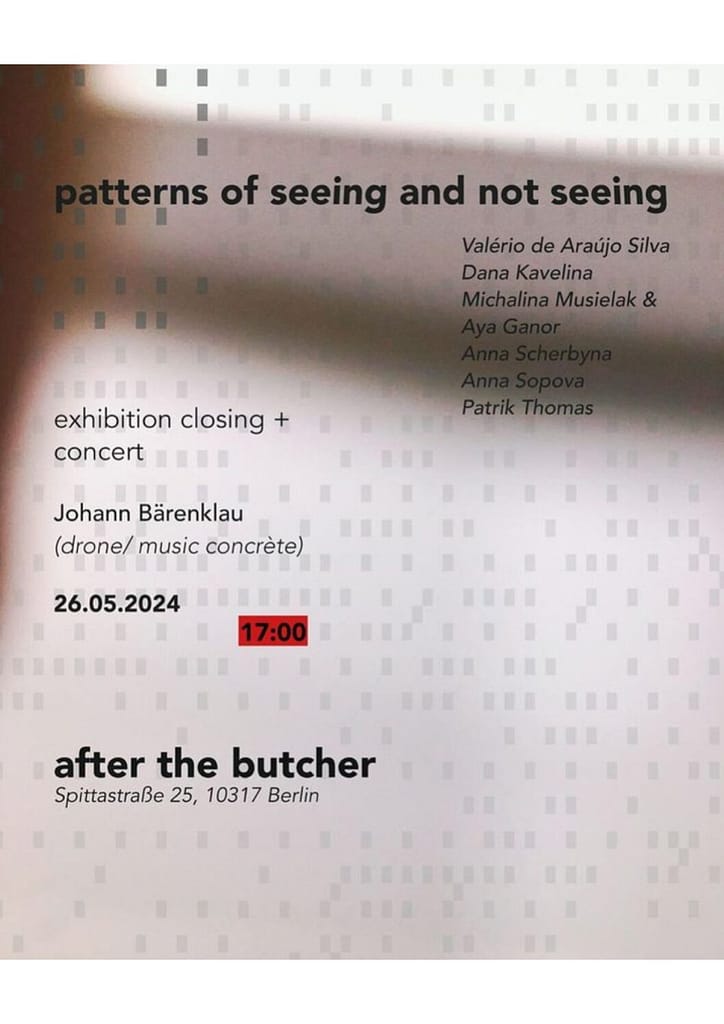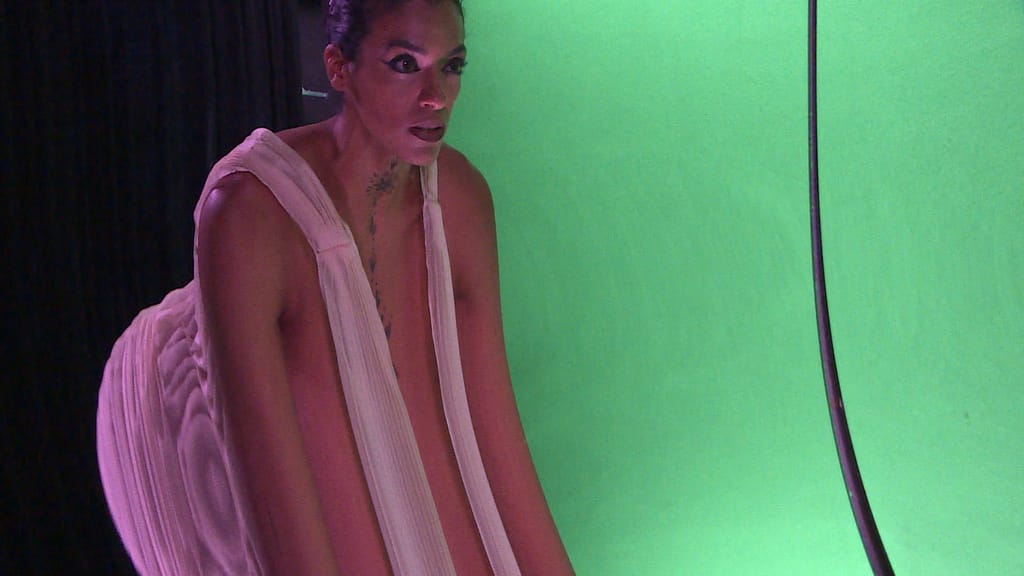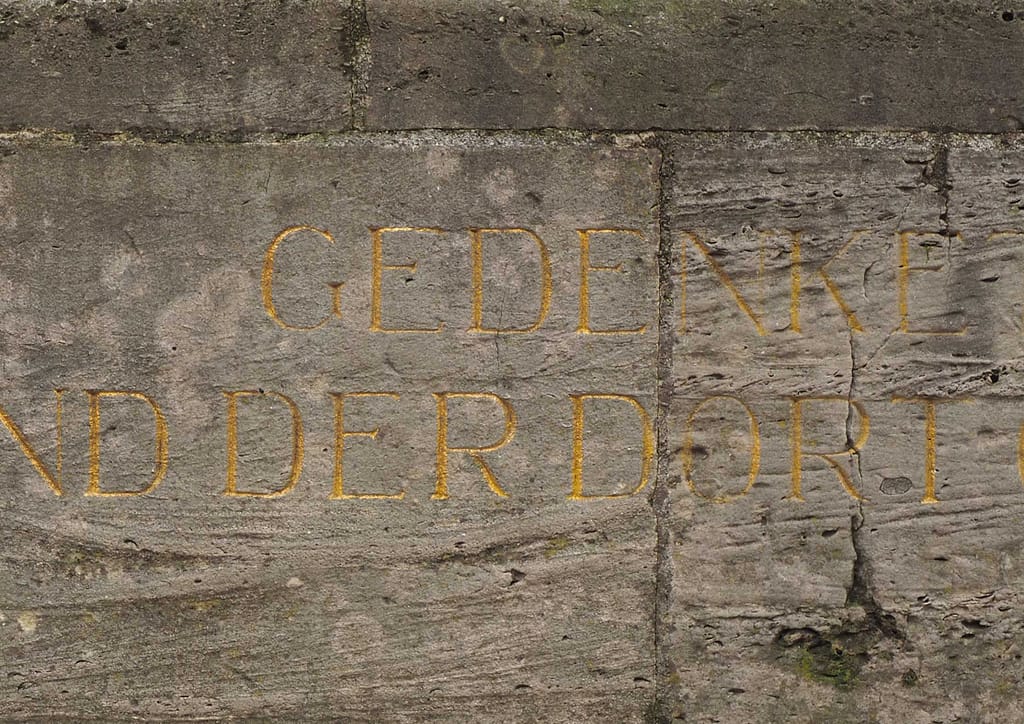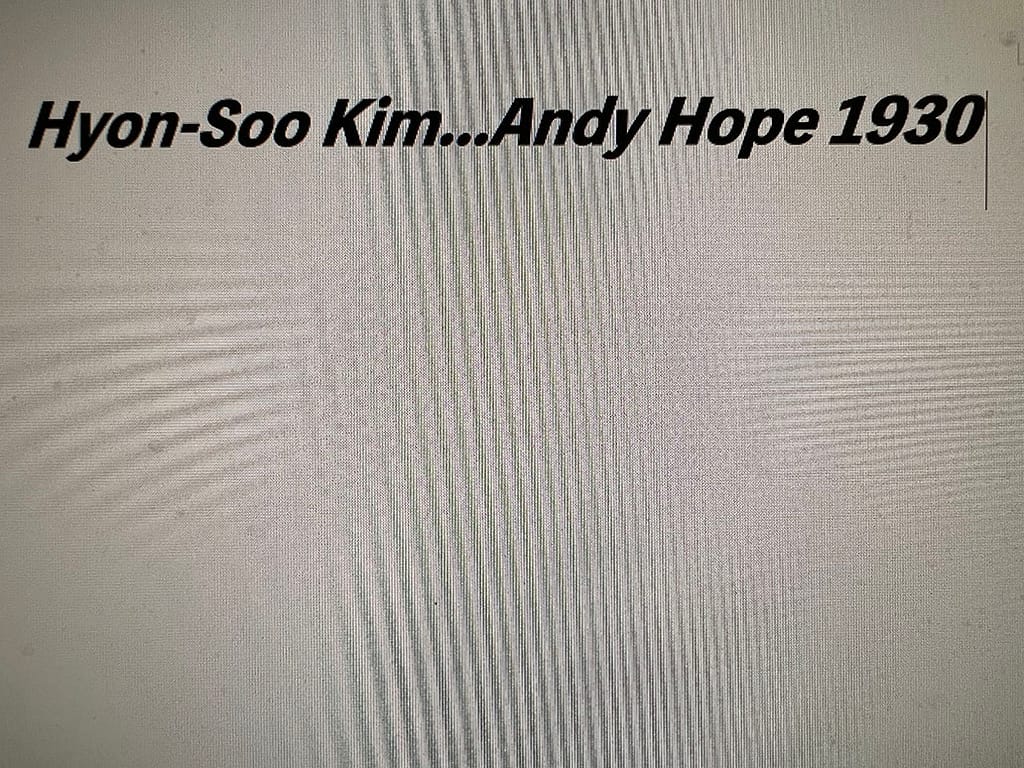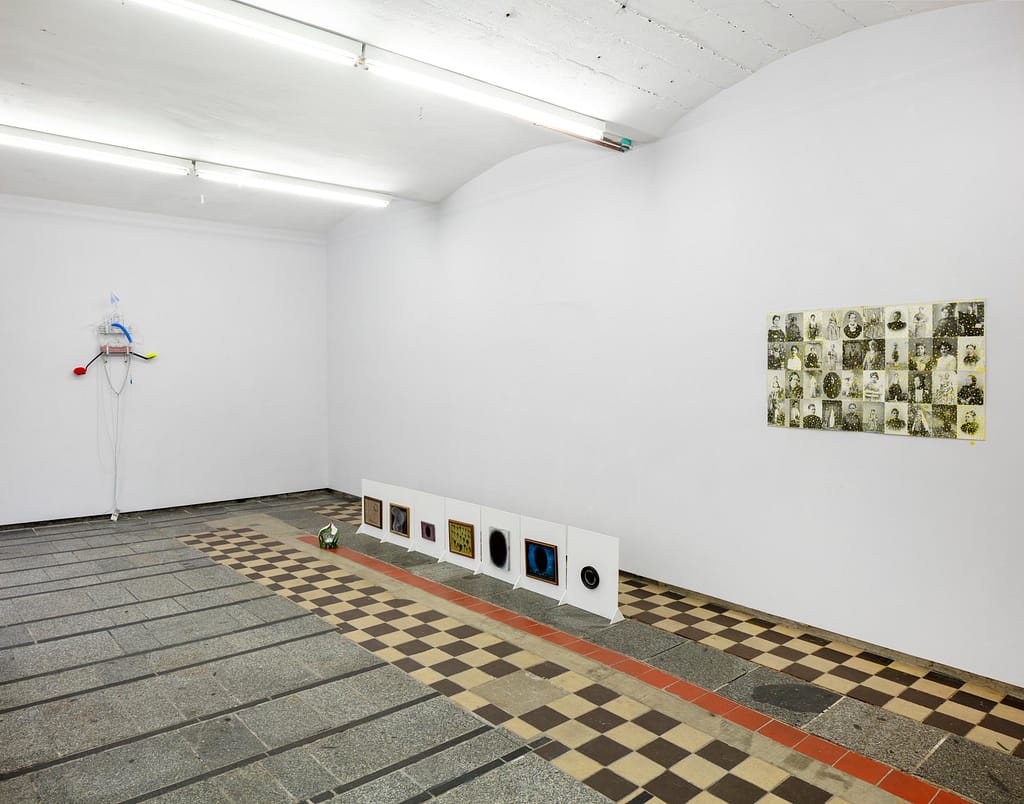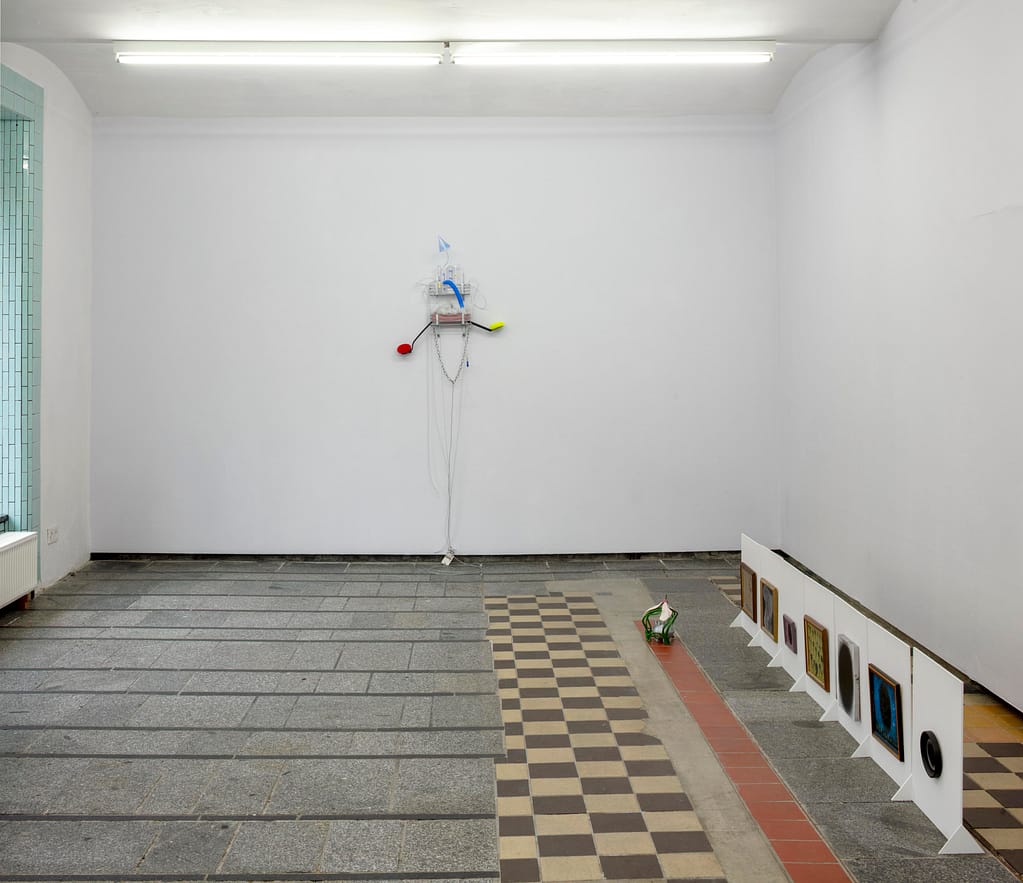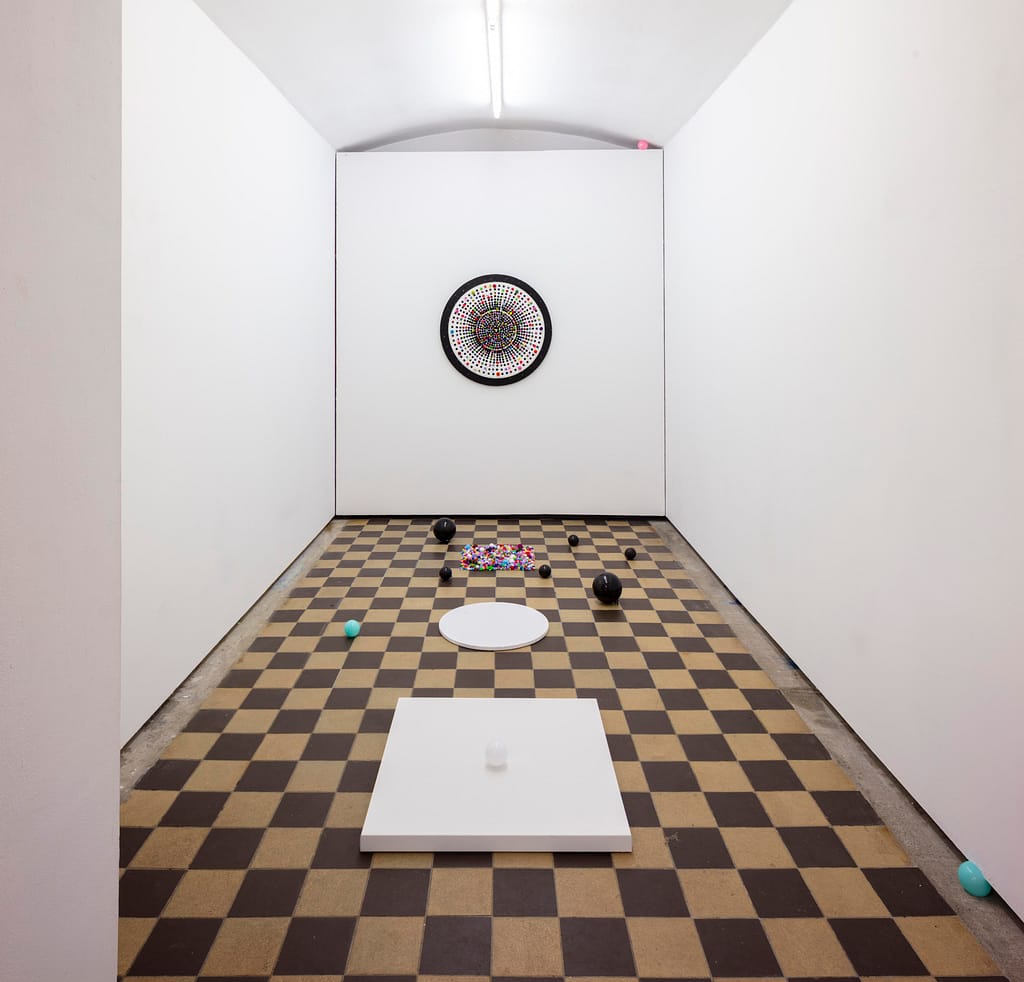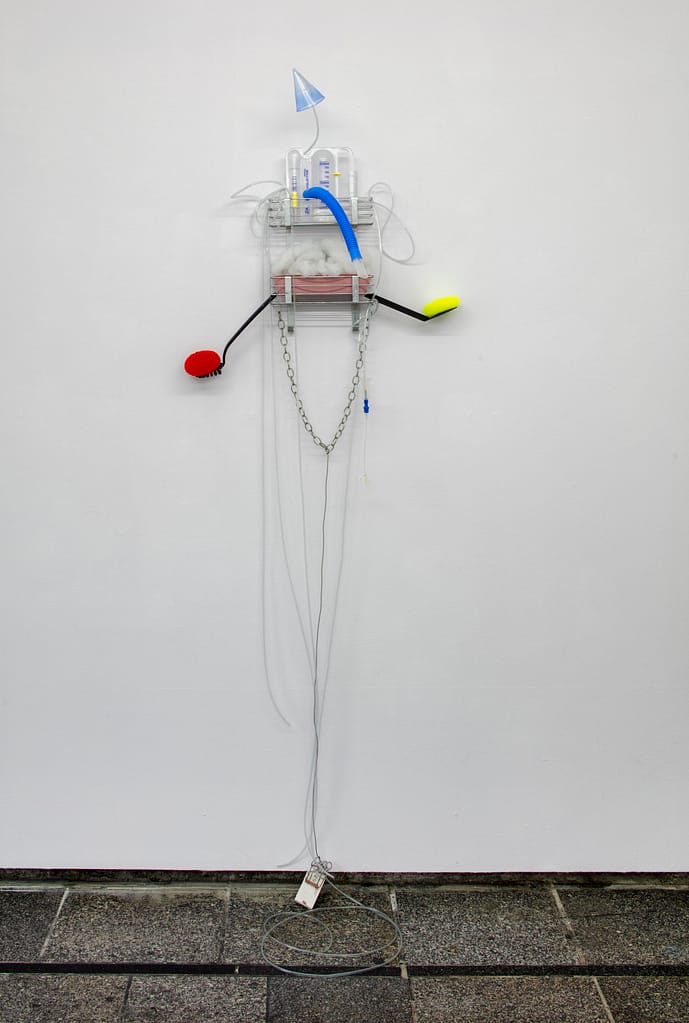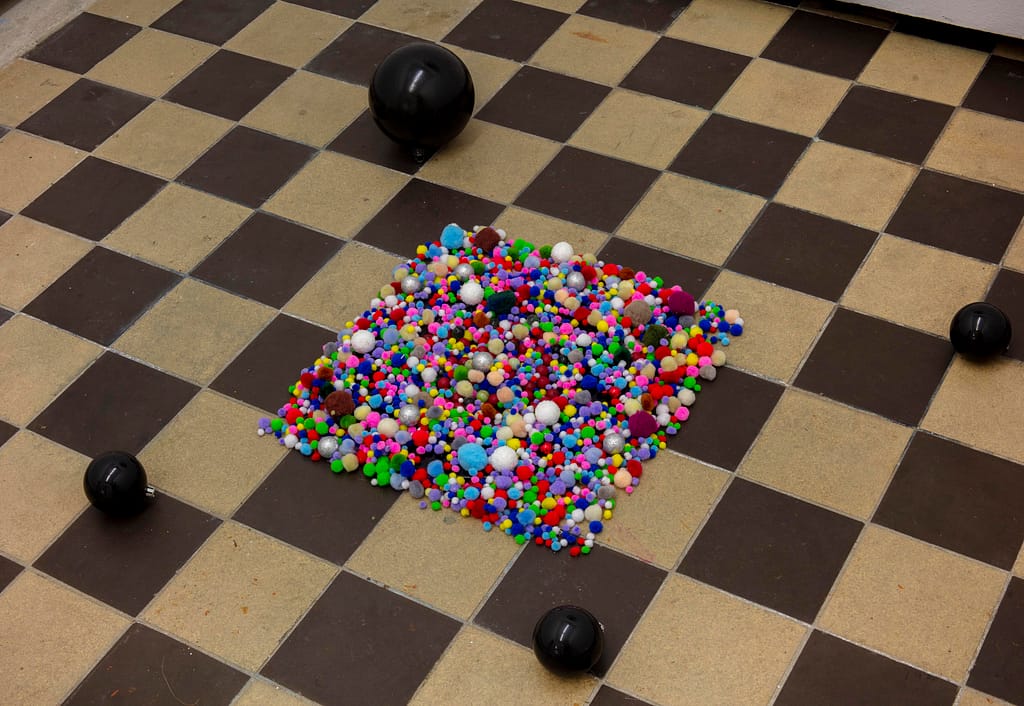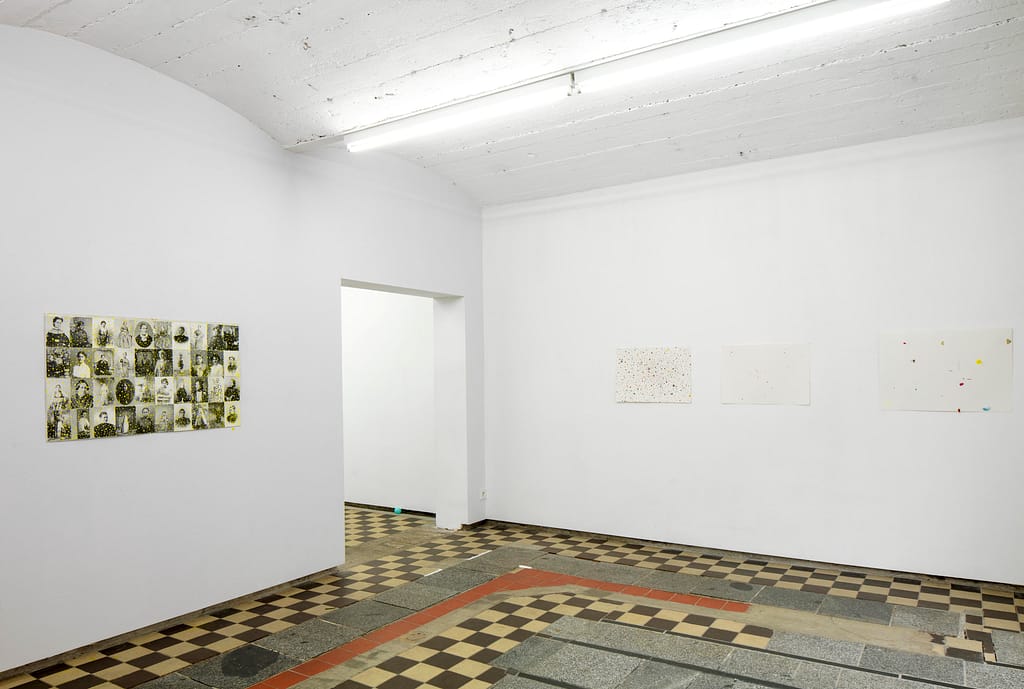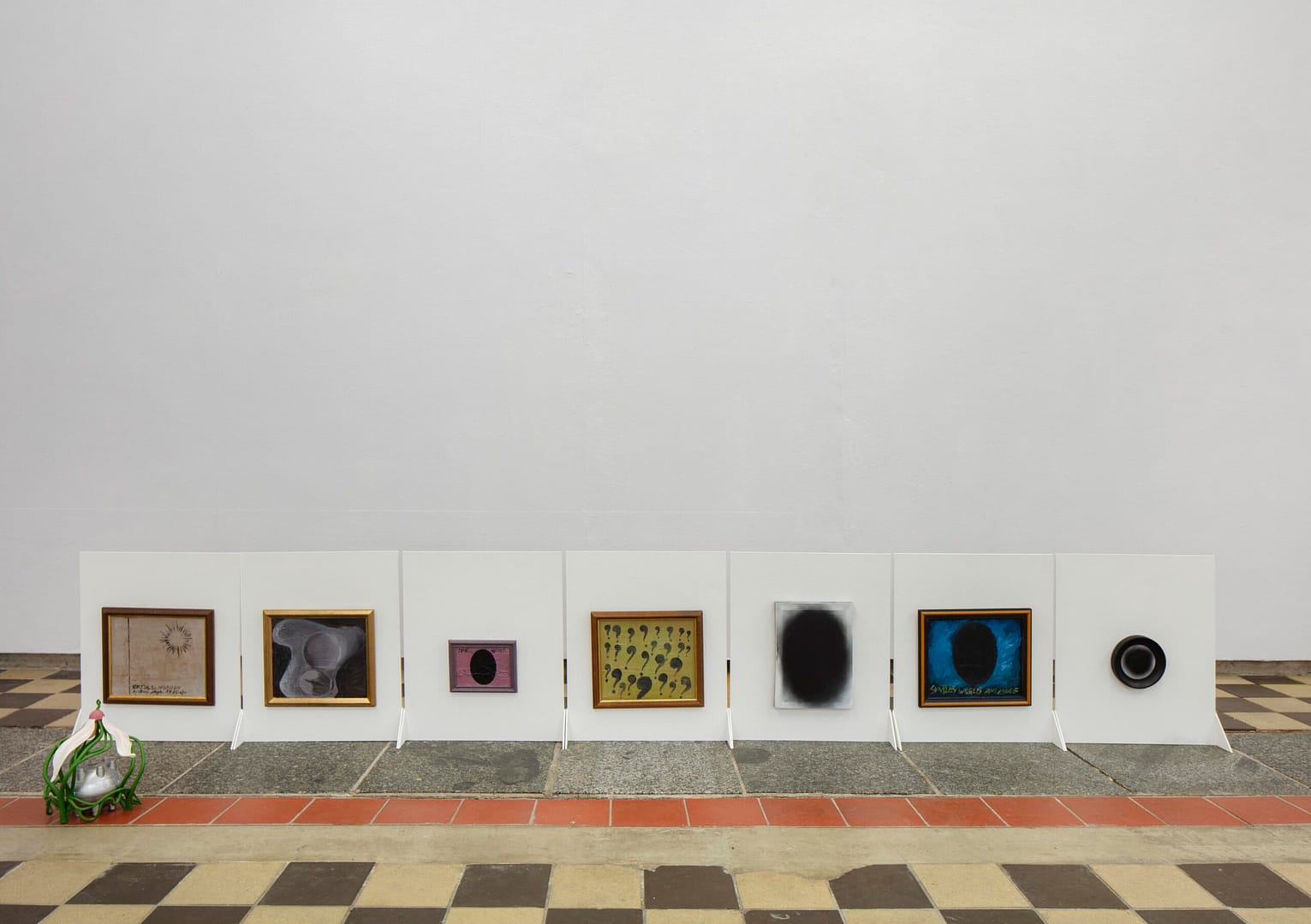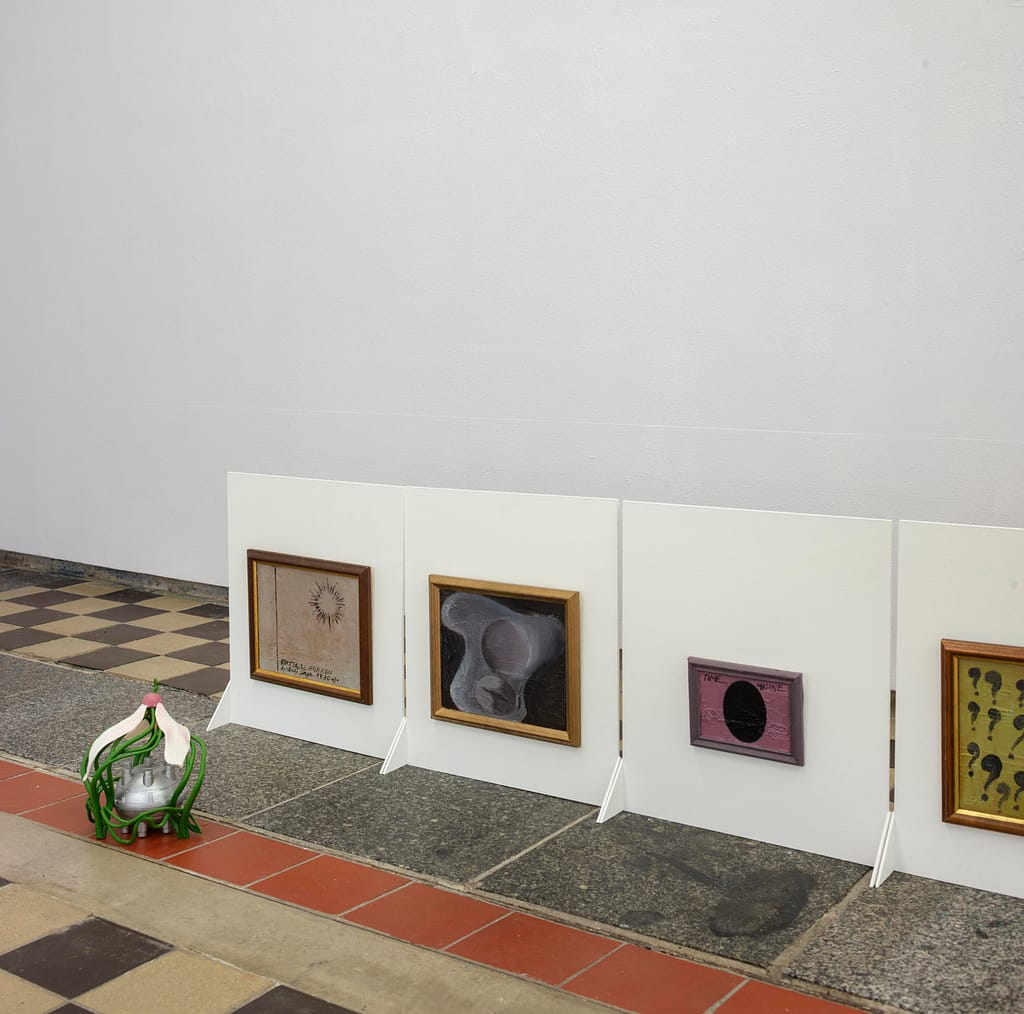Ane Hjort Guttu & Sveinung Rudjord Unneland, Gard Frantzsen,
Brandon LaBelle, Borghild Rudjord Unneland, Åse Løvgren,
Matias Grøttum and Charlotte Besujien
Friday 25 April from 7pm
8:30pm performance by Jeremiah Day –
On And Off The Face Of The Earth
Food will be available…
Saturday 26 April 15:00: Dinner & Movie screening of Fuck your Landlord by Thomas Kilpper (2003)
Exhibition 25.04.–25.05.2025
open only by appointment: mobile: +49 178 3298 106, email: mailto@after-the-butcher.de

Unfolding the Kitchen belongs to the legacy of self-organized initiatives that drive the art field forward by ransacking the possibilities of practice. In the exhibition a self-built kitchen is put as its centre. It is brought all the way from Norway. Initially developed as a scenography piece for the film Manifest by Ane Hjort Guttu, it evolved into a meeting place. First adopted by art students and members of staff at the faculty of art, music and design at Bergen University. Subsequently it became a focal point for numerous art projects and activities, a venue in its own right, of which some are presented in the exhibition.
What unfolds at After the Butcher are gestures that testify to political acuteness and intervention as artistic methods. A series of projects stem from a desire to address what we, as cultural workers, experience as a dissonance linked to the ever-increasing commercialization of creativity and artistic production. Nevertheless, the exhibition is primarily about investigating the possibility of the opposite; engaging with people and practices that testify that alternative, non-commercial approaches are not only possible but more important than ever.
This is also the starting point for Jeremiah Day’s performance On And Off The Face Of The Earth, which will wrestle with the notion of human permanency and disappearance, rights and rightlessness, and how art can possibly relate to the conditions of this moment.
The exhibition is organized and developed by Gard Frantzsen and Sveinung Rudjord Unneland.
Supported by: OCA Office of Contemporary Art Norway, Bergen Municipality, Billedkunstnernes Vederlagsfond
THE KITCHEN SCULPTURE / MANIFESTO –
MANIFESTO (Ane Hjort Guttu, 2021)
A small art academy is fused into a huge university as one out of many departments in a prestigious newbuild. The university’s administrative procedures must be followed as part of this move. But secretly, the students and staff decide to self-organize as an independent art school. They create their own courses, programmes and leadership, beyond the knowledge of the university.
Manifesto explores how education can become cornered by a suffocating culture of surveillance and administration, and it reminds us that artistic autonomy and self organization are critical for artistic practices to thrive.
THE KITCHEN SCULPTURE (Ane Hjort Guttu and Sveinung Rudjord Unneland, 2021) was created as a prop for the film Manifesto, and operated later as a temporary and mobile gathering space at the Faculty of Art, Music and Design in Bergen, Norway. Here, it became the center of various artistic interventions by students and staff, aimed to question its immediate institutional surroundings as well as making food.
NEW PROJECTS
THE CAMPAIGN COLLECTIVE is a poster project developed from a collective wall work that explored questions related to self-organization in artist-run projects. Artists and cultural workers were asked to contribute visually in relation to self-organization, their art education, or other sources of relevant inspiration. The project takes place both at After the Butcher and in public space. Initiated and developed by Gard Frantzsen.
DINNER & A MOVIE takes form as a film screening followed by a communal meal. The event series focus on showing films which show ways of using creative processes in daily life. It is a project organized by different members of the unfinished institution, a studio collective in based in Bergen, Norway. At After the Butcher we show a short film by Thomas Kilpper, gallerist and co-founder of After the Butcher, entitled FUCK YOUR LANDLORD (2004), for the first time screening in Berlin. The event is organized by Charlotte Besujien
THE KITCHEN CONVERSATIONS – is an ongoing project organized by members of the unfinished institution. During short sessions our communal kitchen serves as a place to engage in conversations later transcribed and published by the unfinished press. For the occasion the project moves to Berlin, inviting international art field actors to discuss institutional practices and self organization.
LOST BATTLES SHOULD ALSO BE FOUGHT – The film project approaches the graffiti artist as a protaganist, emphasizing their insistence on making aesthetic expressions in public spaces. The film’s central theme is a conversation between artist Gard Frantzsen and Professor Emeritus Cecilie Høigård. The latter researched graffiti and its role as a resistance strategy for a decade. The film follows up on discussions they first initiated in the late 1980s when Frantzsen was a young graffiti artist. In parallel, we follow a city walk in Bergen, a dérive, showcasing the city as a commons. The film is developed by Gard Frantzsen and Sveinung Rudjord Unneland.
THE INVISIBLE ACADEMY brings together musicians, artists, healers, and educators for jam sessions, exploring self-organization through improvisation. The project embraces the communal, transgressive, and creative power of improvised sound, celebrating Berlin’s self-organizing spirit. Jam sessions are held around the city, with audio recordings collected in the gallery, avoiding visual documentation. Ellen Waterman describes improvisation as a negotiated moment that can create critical movements. The initiative is started by Brandon LaBelle.
MEETING ON A CARPET is a collaborative project with students from the art school in Bergen. Through co-creation, we make a carpet that serves as a meeting place and a shared platform for discussions about art and self-organization. As we talk, we sew and draw on the carpet, allowing thoughts and images to intertwine, thereby “charging” the carpet with meaning. This project involves Borghild Rudjord Unneland and students from Kunstskolen i Bergen.
THE UNFINISHED PRESS is an art book publisher that prints and publishes small pamphlets with artistic, dialogue based content in collaboration with different artists and organizations managed by artists. The unfinished press exhibits a series of recent publications relating to several of the participating projects. It was founded by Matias Grøttum, and is currently located within the unfinished institution.
‘Alright/wing?’ – At the finissage we will include the ‘Alright/wing?’ project into this exhibition. It was conceived by Raimar Stange in 2024 at the occasion of the 10th anniversary of the Academia Autonomia in Athens, which was founded and organised by Joulia Strauss. Artists were asked to provide posters and flyers on the topic of right-wing populism, which were then displayed as posters and flyers in the Academia Autonomia for a summer.
A total of 50 artists took part in the project; internationally successful artists such as Dan Perjowschi, Marina Naprushkina, Oliver Ressler, Bethan Huws and Jonathan Monk as well as young colleagues who are still at the beginning of their artistic practice, such as Anahita Razmi and Ana Zibelnik/Jakob Ganslmeier.
Selected posters from the project were subsequently presented at numerous other locations in Germany and Austria, for example in public spaces on billboards in Berlin or at the Kunstverein Hannover, the Museumsquartier Wien and the Kunsthaus Dresden. There, the works were shown in the foyer, in the stairwell, on a window front and also outside, as hybrids of art and activism at the intersection between art space and public space.
In addition, some works were distributed as flyers in Athens, Bochum and Berlin. In this respect, the project is aimed at all parts of society to reflect on the danger of right-wing populism, which is rampant worldwide.
The ‘Alright/wing?’-project is hosted by Raimar Stange

